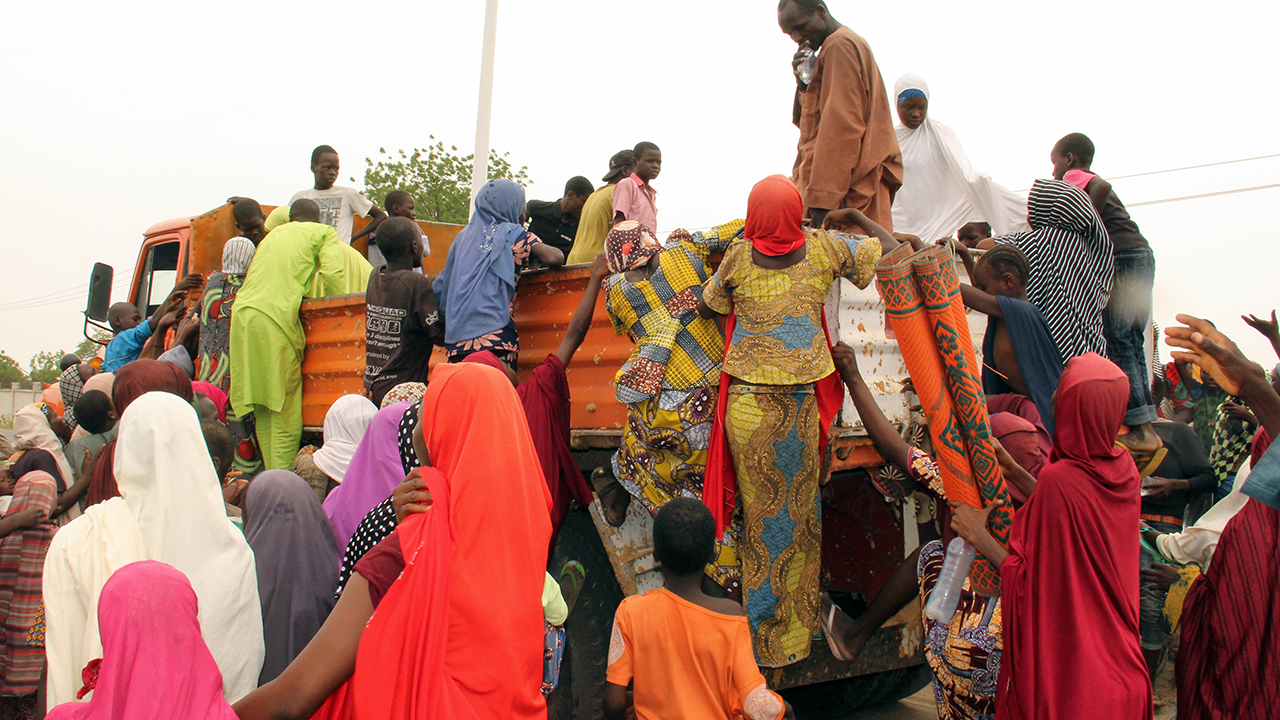
The UNHCR Country Representative, Antonio Canhadula, while receiving the donation yesterday in Abuja, noted that the donation would be added to others to reach 20,000 IDPs in three camps in the Northeast.
He stated that the fund would be used to assist the IDPs to start small businesses such as small scale farming, fishing and tailoring among other empowerment programmes.
According to him, the donation has a multiplier effect. “It’s more like a message from Nigerians towards other Nigerians that we are part of your sufferings even if we are not there,” he stated.
He asserted that Nigeria has vast potential to finance the needs of its displaced persons through its rich spirit of giving and human solidarity, saying over 1.9 million IDPs were in need of shelter, access to health, education and livelihood programmes.
He disclosed that as of 2018, about 70.8 million people had been displaced globally, with an estimated 47 per cent living in Sub-Sahara Africa.
Canhadula pointed out that the needs of the IDPs were enormous, saying there was an urgent need for the private sector to contribute more to humanitarian situations.
The Director-General of Jaiz Charity and Development Foundation, Abdullahi Shuaib, pointed out that the foundation was moved by the deplorable plight of the IDPs and has committed to be a beacon of hope to them.
He disclosed that part of the mandate of the foundation is to provide humanitarian relief for distressed people in the IDP camps, and also increase access to education, health, water, sanitation, environment, agriculture, empowerment and relief.
He added that they target areas plagued by banditry, insurgency and natural disasters in states like Zamfara and the likes.
Abdullahi said: “Last year, we provided about 32 million for the economic empowerment of the poor and currently we have another N54 million to be disbursed for empowerment, water, health, and sanitation.”
[ad unit=2]



